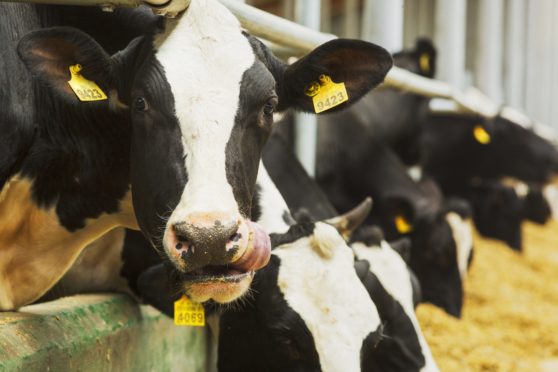The European Commission has published a short-term market forecast looking at how agriculture is likely to be affected by rising global commodity prices.
Its outlook is generally positive.
For arable crops it says the situation is particularly good, with yields up 5% and markets strong. It says farmers are well placed to absorb higher costs.
On livestock it says prices are sufficiently good for most producers to be able to live with higher costs. It says that across the EU what was a good grass year will help keep down winter feed costs.
For the dairy sector it suggests production will remain stable, with increases coming from greater productivity, while markets are also stable.
Beef production in the EU will continue to decline, poultry will suffer the effects of rising input costs, but pigs are deemed a potential problem area. This is because of rising production, weaker export demand and higher costs.
EU farm ministers have debated the consequences of rising fertiliser prices on the back of rising energy costs.
A document to the farm council from Poland warned of dire consequences if solutions are not found.
Rising costs are a major issue in the EU, because of its dependence on Russian gas.
Even before the current spike the World Bank global fertiliser price index doubled in a year to stand at its highest level since 2013.
This was in June and since then things have got significantly worse, with production scaled back as manufacturers struggle with rising costs.
Some ministers called for crisis support for farmers, but the Commission is hoping higher commodity prices will ease some of the pressure while gambling the spike will pass. However it will face more pressure to act on fertiliser costs in the months ahead.
Meanwhile, the proposals from the European Commission to tackle the problems around the Northern Ireland protocol could ease some trade tensions.
The protocol, which keeps Northern Ireland in the EU single market, has created problems in key parts of Scottish agriculture, led by livestock. Red tape has made normal trade for shows and sales impossible.
The concessions would ease red tape but the rules would still be in place, meaning the current problems would be reduced rather than solved for the agricultural industry.
What is on the table is only a starting point for further negotiations and evidence that Brussels, if not London, is committed to delivering practical solutions.
Brussels is adamant however that Northern Ireland must remain in the single market to avoid a hard border in Ireland.
- Richard Wright is an agricultural industry commentator.
